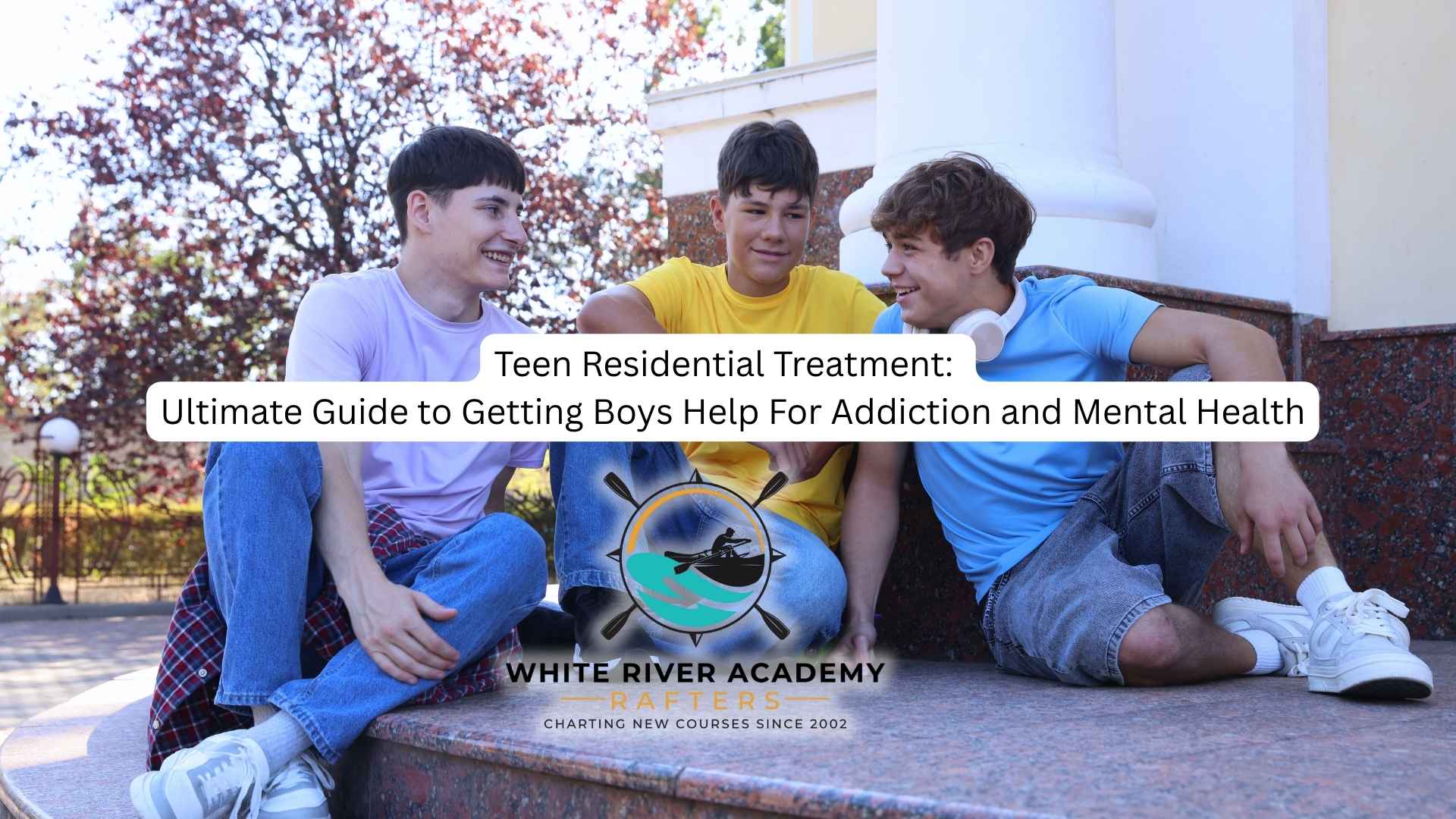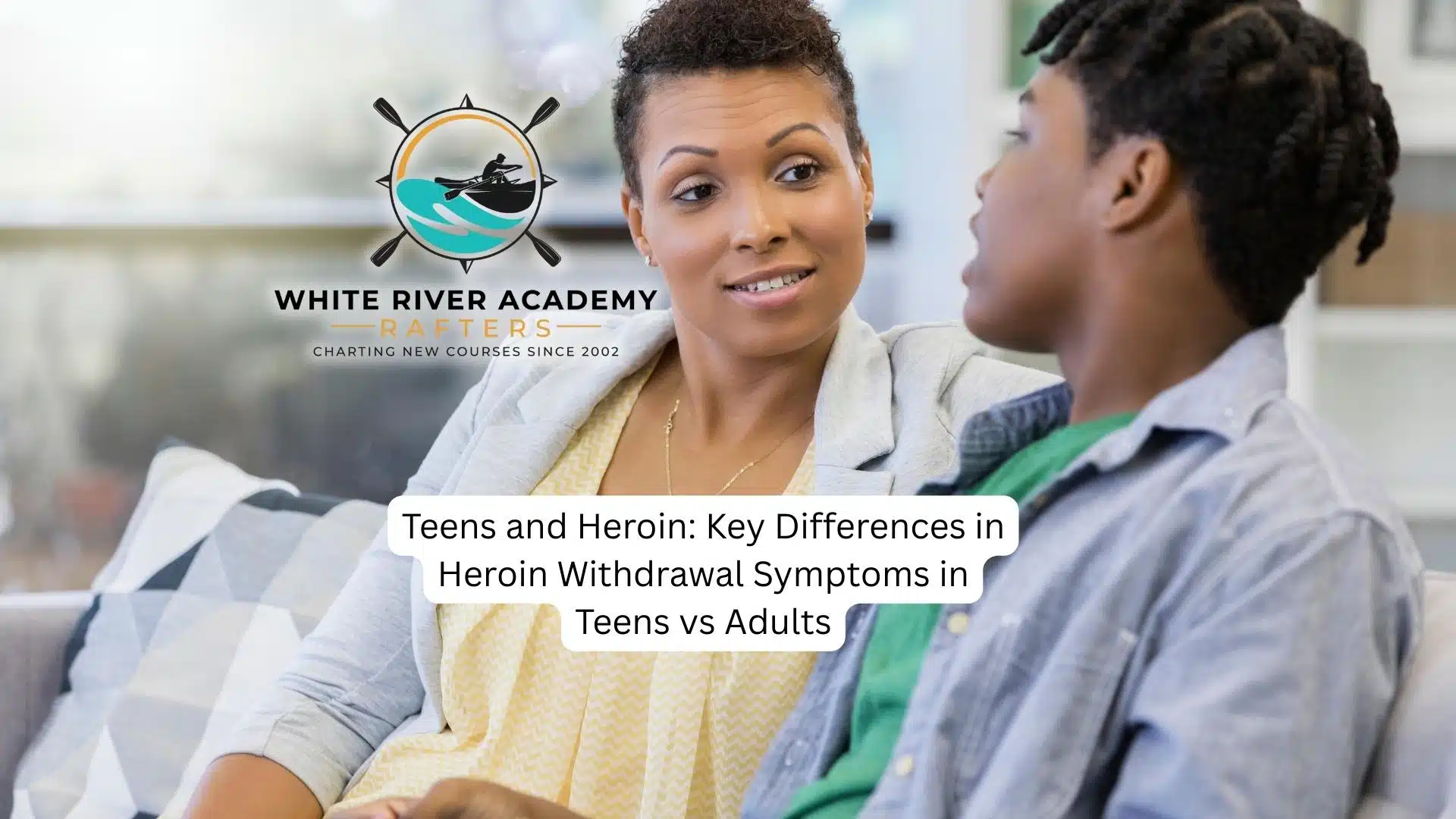Motivational interviewing (MI) is a counseling approach designed to help individuals, especially teens, explore their feelings and motivations around behavior change. It focuses on empathy, respect, and collaboration rather than confrontation. When working with teens, asking the right questions is key to building trust and encouraging self-reflection.
This article will outline common motivational interviewing questions designed to engage teens, helping them explore ambivalence, assess readiness, identify goals, and consider steps toward positive change.
Core Principles of Motivational Interviewing With Teens
Before jumping into specific questions, it’s important to understand the foundational principles of MI with adolescents:
- Empathy and rapport: Establish a supportive and nonjudgmental environment.
- Autonomy: Respect the teen’s right to make their own choices.
- Avoid confrontation: Use curiosity and open dialogue instead of pushing or lecturing.
- Encourage reflection: Help teens explore their own motivations and barriers.
Motivational interviewing can be a powerful tool in engaging teens, but often individualized support in a structured setting is essential. Enrolling your teen in a specialized program for troubled adolescents in a therapeutic boarding school provides the comprehensive care, supervision, and evidence-based therapies necessary to address complex emotional, behavioral, or mental health challenges.
Advantages of Motivational Interviewing
In a therapeutic boarding school setting, motivational interviewing is used as a collaborative, empathetic counseling method to help teens identify and strengthen their own motivation for positive change. Counselors create a supportive and non-judgmental environment where students can openly explore their goals, confront ambivalence, and build the confidence to make healthier choices.
This approach respects the teen’s autonomy, focusing on their values and desires rather than imposing solutions, which fosters lasting engagement and empowerment during their therapeutic journey.
Key Questions to Inspire Change in Teens
Exploring Ambivalence
Many teens feel conflicted about certain behaviors or changes. Questions in this category help reveal mixed feelings:
- “What do you like about [the behavior]?”
- “What are some things you don’t like about it?”
- “If you could change anything about this, what would that be?”
Assessing Importance and Readiness to Change
Understanding how ready a teen is to make changes guides the conversation:
- “On a scale of 1 to 10, how important is it for you to change this?”
- “What would make it easier for you to make this change?”
- “How confident do you feel about being able to change?”
Identifying Goals and Values
Linking behaviors to personal values helps teens find meaningful reasons to change:
- “What are some goals or dreams that matter most to you?”
- “How does [this behavior] fit with what you want for yourself in the future?”
- “Who or what is important in your life that you want to support?”
Exploring Barriers and Support
Identifying obstacles and resources can empower teens to plan next steps:
- “What makes it hard to change right now?”
- “Who or what helps you when you want to make a change?”
- “What would you need to feel supported in making a change?”

Eliciting Change Talk
Encouraging teens to verbalize their reasons and ideas for change strengthens motivation:
- “What good things might happen if you changed this behavior?”
- “How would your life be different if things were better?”
- “What small steps could you take toward this change?”
Sample Questions for Common Teen Issues
Here are examples tailored to typical challenges teens face:
- Substance Use: “What do you enjoy about smoking or drinking? What worries you about it?”
- Mental Health: “How do you usually cope when you’re feeling down or anxious?”
- Academic Motivation: “What subjects do you enjoy, and what makes school challenging for you?”
- Risky Behaviors: “What do you think about when you decide to take risks like skipping school or unsafe sex?”
Tips for Using MI Questions With Teens
- Practice active listening: reflect back what you hear to show understanding.
- Allow silence. Don’t rush for an answer.
- Avoid judgment or pushing for change too quickly.
- Use language that feels natural and relatable to the teen’s culture and experiences.
Final Thoughts from White River Academy
Motivational interviewing questions are powerful tools that help teens explore their thoughts and feelings about change. Using open, empathetic questions supports teens in recognizing their own motivations, addressing barriers, and making healthier choices.
White River Academy, a well-established therapeutic boarding school for adolescent boys in Utah, integrates motivational interviewing into its ethical, personalized, and evidence-based care practices. Recognizing families’ concerns about the troubled teen industry, we emphasize transparency, safety, and active family involvement throughout the treatment process.




